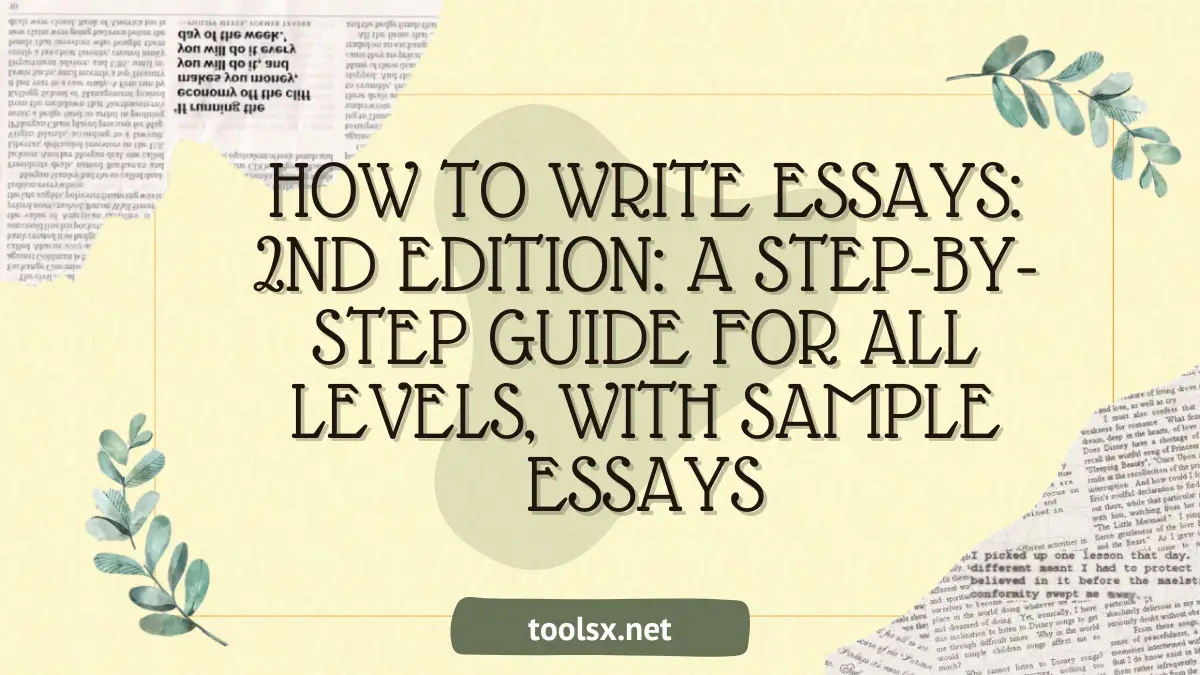Essay writing is an essential skill that transcends academic boundaries. Whether you’re a high school student tackling your first persuasive essay or a seasoned academic working on your doctoral thesis, the ability to articulate ideas effectively is paramount. In this comprehensive guide, we’ll walk through the process of essay writing step-by-step, offering practical tips and strategies for all levels of writers.
Introduction to Essay Writing
At its core, essay writing is about communication. It’s the art of conveying your thoughts, opinions, and arguments in a structured and coherent manner. The ability to write compelling essays is not only crucial for academic success but also for professional and personal development.
Understanding the Essay Prompt
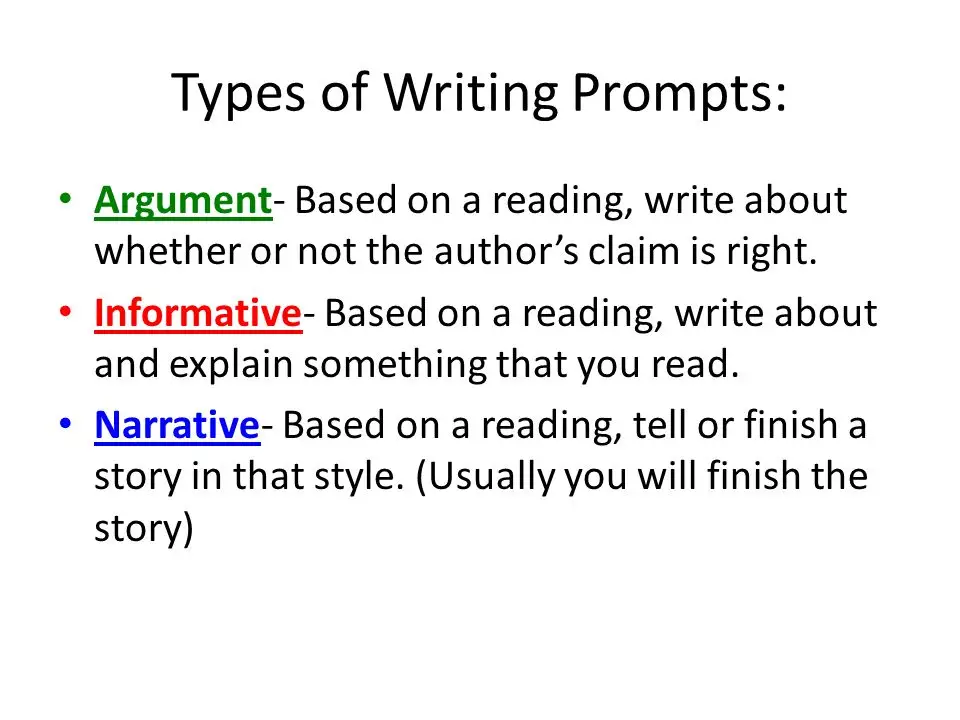
Before diving into the writing process, it’s essential to carefully analyze the essay prompt. Break it down into key components and identify any specific requirements or constraints. Understanding the prompt is the first step towards crafting a well-structured and focused essay.
Research and Brainstorming
Effective essays are built on a foundation of research and brainstorming. Take the time to explore different perspectives, gather relevant evidence, and formulate a clear thesis statement. Brainstorming allows you to generate ideas and organize your thoughts before putting pen to paper.
Structuring Your Essay
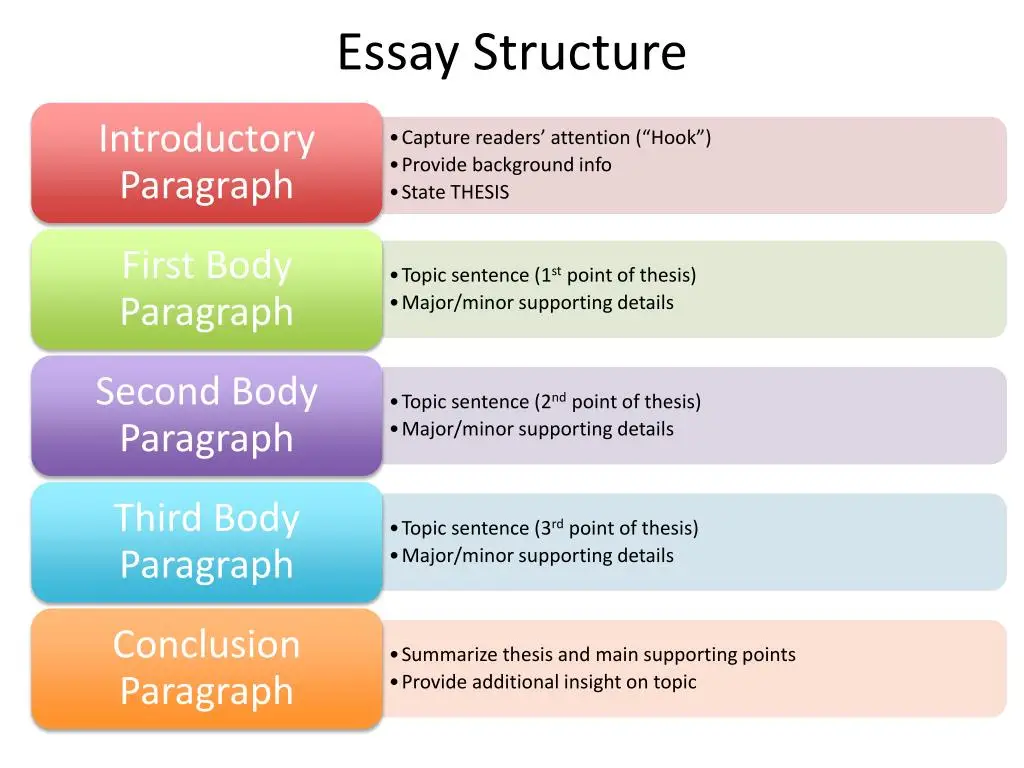
A well-structured essay follows a logical progression, starting with an introduction, followed by body paragraphs, and concluding with a summary of key points. Each section serves a distinct purpose, contributing to the overall coherence and persuasiveness of your argument.
Writing the Introduction
The introduction sets the stage for your essay, providing context and capturing the reader’s attention. Start with a compelling hook or anecdote, followed by a brief overview of the topic. Finally, state your thesis statement clearly, outlining the main argument or central claim of your essay.
Developing Body Paragraphs

The body paragraphs form the backbone of your essay, providing evidence and analysis to support your thesis statement. Each paragraph should focus on a single idea or argument, supported by relevant examples and citations. Ensure smooth transitions between paragraphs to maintain coherence and flow.
Crafting a Strong Conclusion
The conclusion brings your essay to a close, summarizing key points and reinforcing your thesis statement. Avoid introducing new information in the conclusion; instead, focus on providing a concise summary of your argument and its implications. End on a strong note that leaves a lasting impression on the reader.
Editing and Proofreading
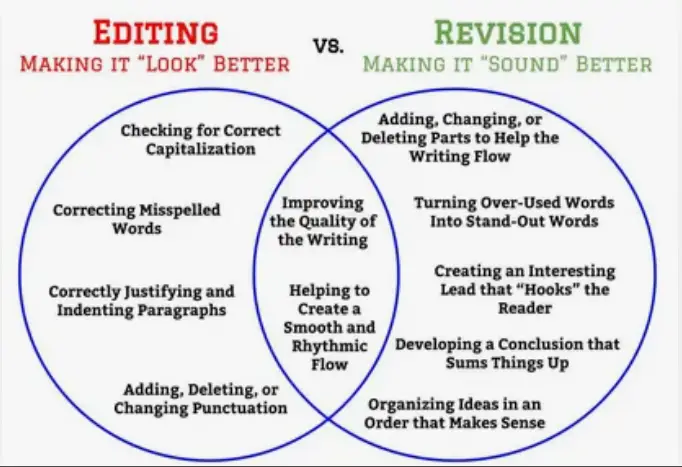
Once you’ve written the first draft of your essay, take the time to edit and proofread carefully. Check for grammar and punctuation errors, as well as clarity and coherence. Consider seeking feedback from peers or instructors to ensure that your essay is polished and refined.
Sample Essays for Reference
Studying sample essays is an excellent way to gain insights into different writing styles and techniques. Analyze the structure, tone, and argumentation of exemplary essays to enhance your own writing skills. Use sample essays as a source of inspiration and guidance in your writing journey.
Tips for Improvement
Writing is a skill that improves with practice and feedback. Don’t be afraid to seek constructive criticism from peers or instructors and be open to revising and refining your work. Set aside dedicated time for writing and incorporate feedback into your writing process to continually improve your skills.
Overcoming Writer’s Block
Writer’s block is a common challenge faced by writers at all levels. To overcome it, try different techniques for generating ideas, such as freewriting or mind mapping. Break down your writing tasks into smaller, manageable chunks and set realistic goals to stay motivated and productive.
Avoiding Plagiarism
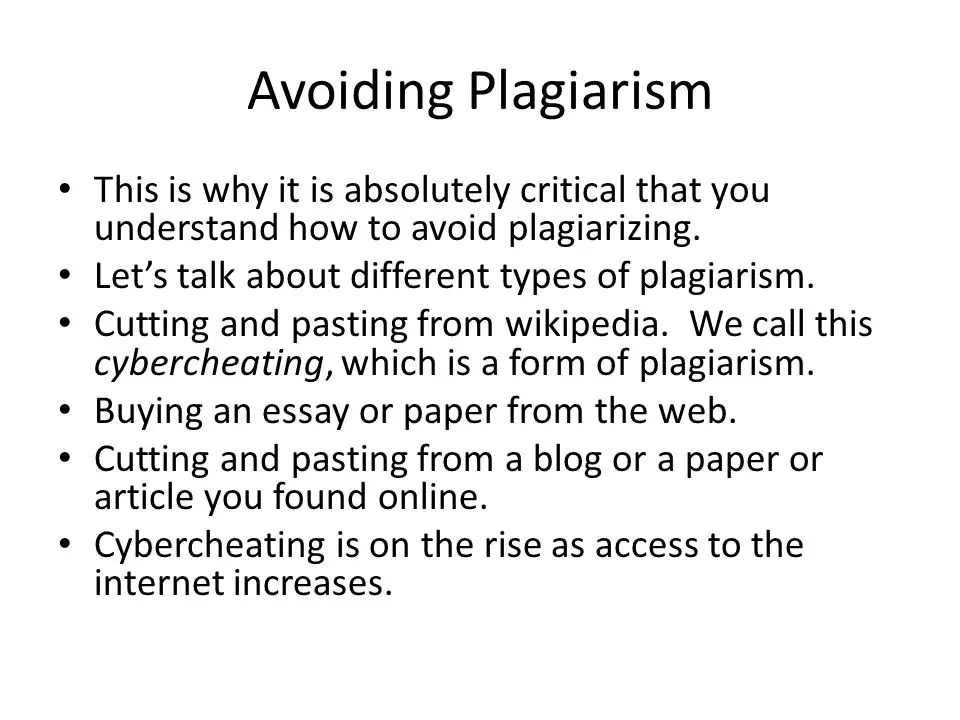
Plagiarism is a serious academic offense that can have severe consequences. Always cite your sources properly and give credit to the original authors when using their ideas or words. Familiarize yourself with the conventions of academic citation and referencing to avoid unintentional plagiarism.
Utilizing Online Resources
The internet offers a wealth of resources and tools for essay writing, from online libraries to citation generators. Take advantage of reputable websites and platforms that provide guidance on various aspects of writing, from grammar and style to research and citation.
Seeking Help When Needed
Don’t hesitate to reach out for help if you’re struggling with your writing. Many universities offer writing centers or tutoring services where you can receive personalized assistance and feedback. Take advantage of these resources to enhance your writing skills and achieve your academic goals.
Conclusion
Essay writing is a fundamental skill that empowers individuals to communicate effectively and persuasively. By following the step-by-step guide outlined in this article and incorporating practical tips and strategies into your writing process, you can become a more confident and proficient writer. Remember, practice makes perfect, so keep writing and refining your skills to achieve success in your academic and professional endeavors.
FAQs
- Is essay writing only important for academic purposes?
- While essay writing is crucial in academia, it also plays a significant role in various professional fields, such as journalism, marketing, and law.
- How can I improve my essay writing skills?
- Practice regularly, seek feedback from peers or instructors, and study exemplary essays to learn from different writing styles and techniques.
- What should I do if I encounter writer’s block?
- Experiment with different techniques for generating ideas, such as freewriting or mind mapping, and break down your writing tasks into smaller, manageable chunks.
- Why is plagiarism considered unethical?
- Plagiarism undermines the integrity of academic scholarship by failing to give credit to the original authors and misrepresenting others’ work as

